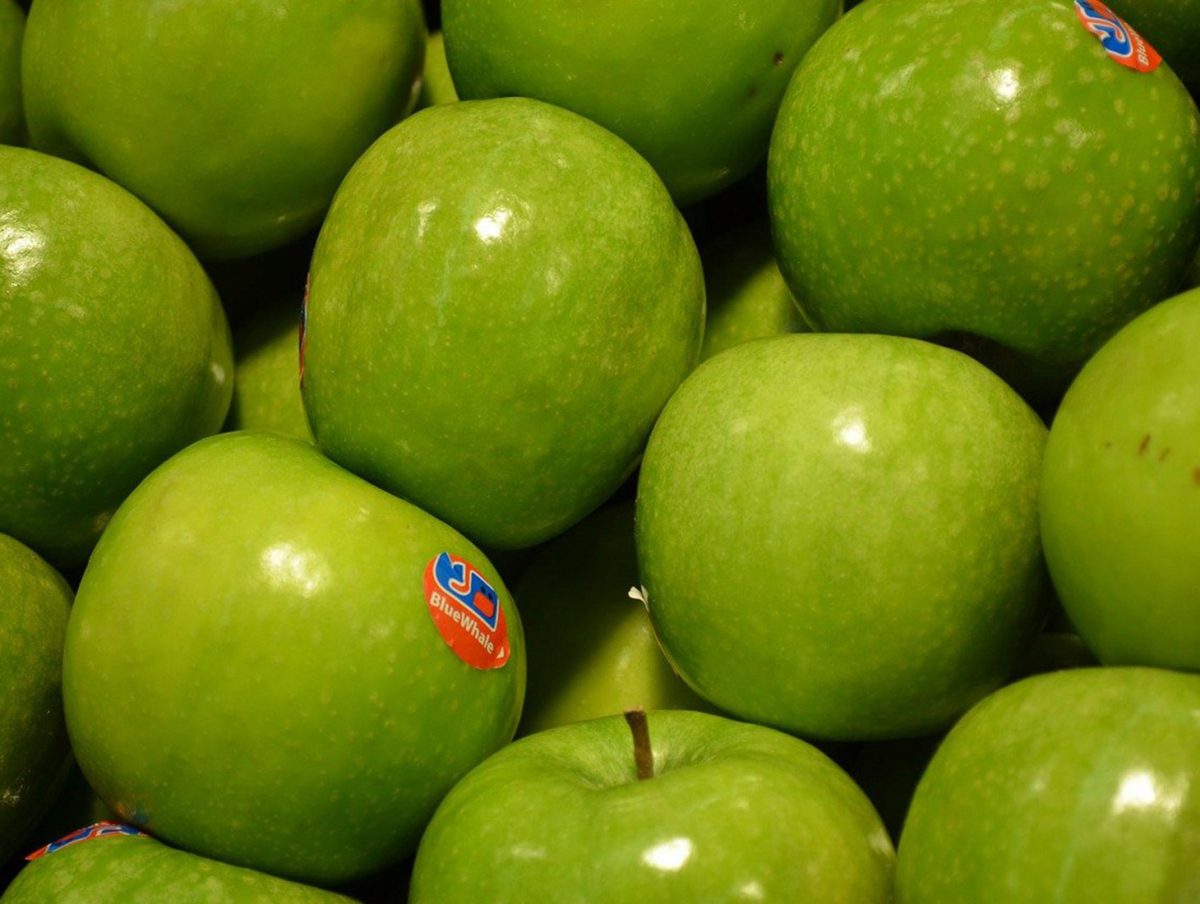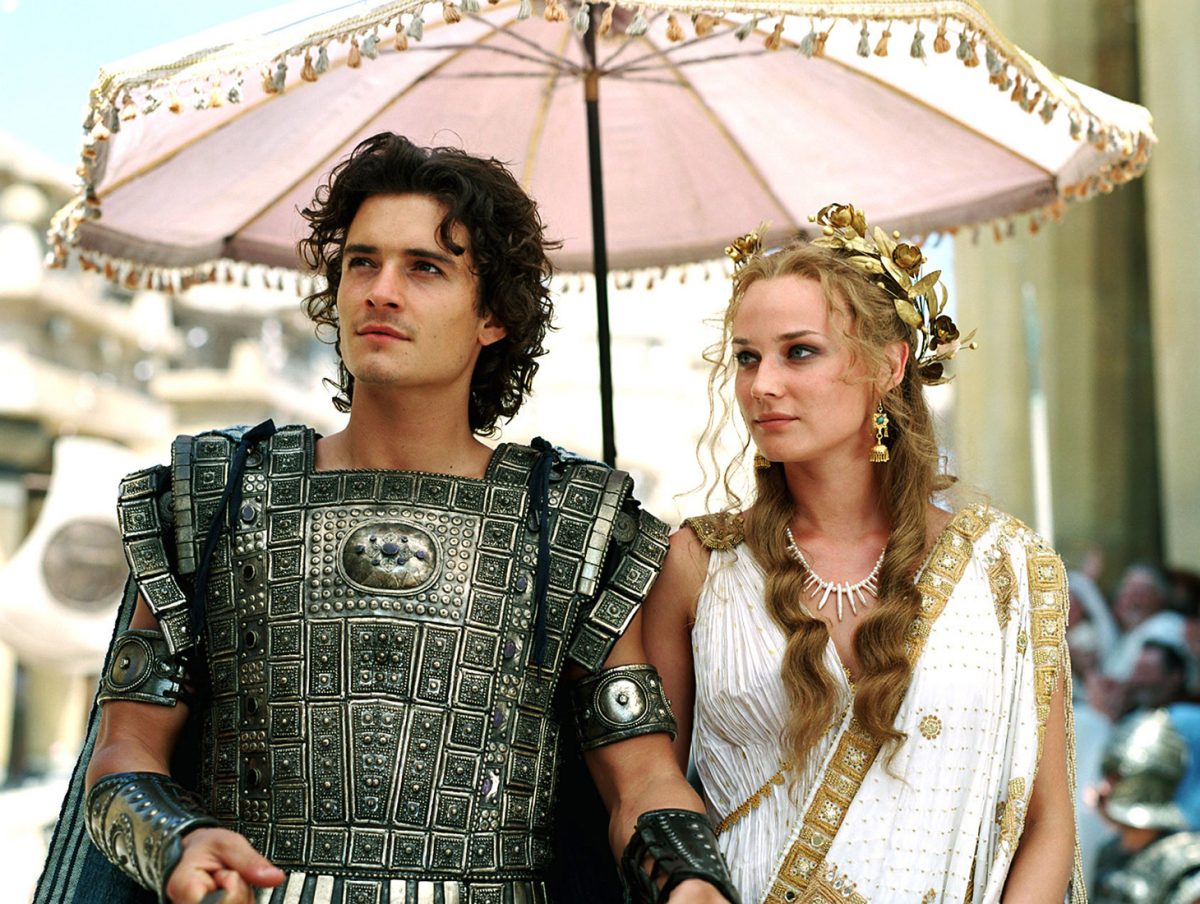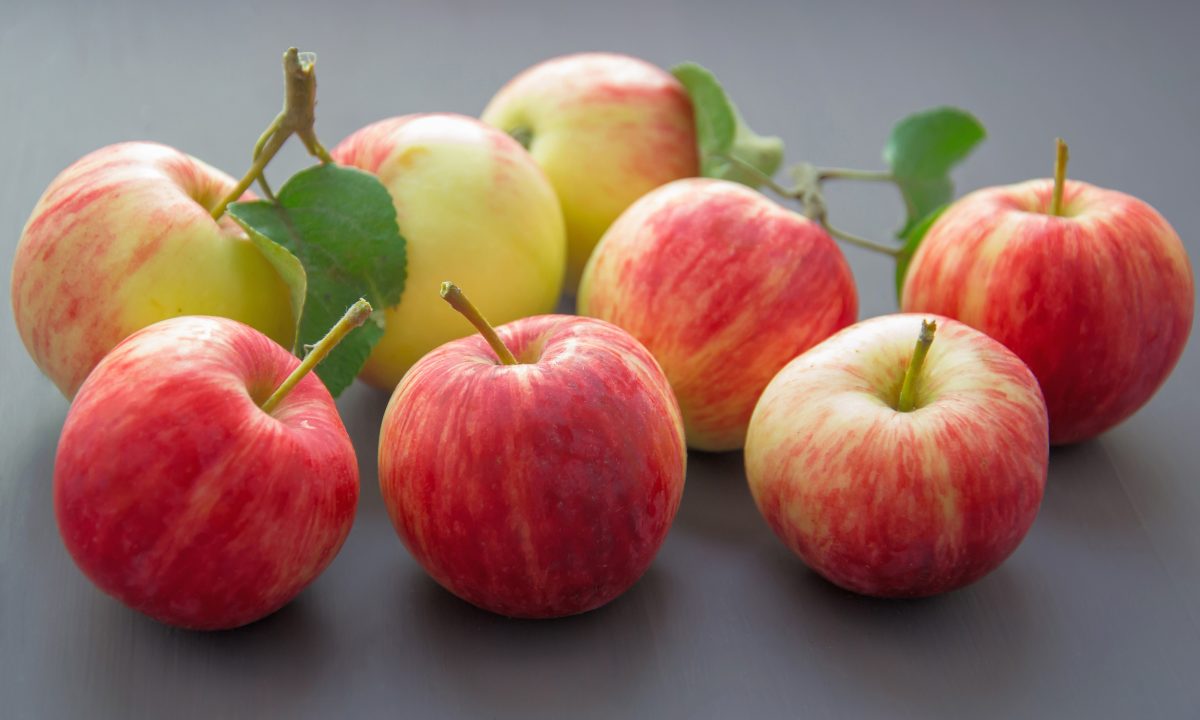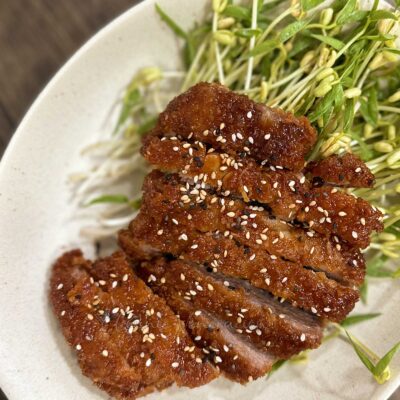Early to bed, early to rise… was a saying that goes back to a time before Edison patented the first commercially successful bulb in 1879. Prior to that, because everyone relied on sunlight to do his task in and out of the house, bedtime only lasted during the hours between sunset and sunrise. Once the sun was up, it was time for chores.
Surprisingly or not, in this day and age, I know people who still love to quote the early to bed, early to rise saying when I tell them, matter-of-factly, that I rarely get out of bed before noon.
And then, there’s the belief that eating an apple everyday was a foolproof formula for good health. The origin of that saying goes back to 1866.
… the “an apple a day keeps the doctor away” aphorism was coined in 1913 but was based on the original form with a different rhyme, some 149 years ago in Wales: “Eat an apple on going to bed and you’ll keep the doctor from earning his bread,” went the proverb in Pembrokeshire.
Source
There’s no truth, of course, to the belief that daily apple eating is a sure way toward robust health. However, apple is a fruit — a natural food — that is rich in fiber, Vitamin C and Potassium. So, it’s not a bad thing to include apples among the fruits that you consume on a regular basis. Don’t overdo it though especially if your fiber tolerance is not that good. Because of the high amount of fiber, too many apples consumed in a short span of time can cause constipation.
The apple is an ancient fruit and, hence, the object of many myths and folk tales
The apple we eat today is Malus domestica. Its ancestor is Malus sieversii which grew wild in Central Asia and China 4,000 to 10,000 BCE. The apple likely reached Europe via the Silk Road.

Yes, the apple has been part of the human diet for so long that it plays a role in so many legends, myths and folk tales.
In Greek mythology, Heracles (later romanised as Hercules), the son ofZeusand the humanAlcmene, was required to carry out 12 labours that included stealing the golden apples of the Hesperides to be absolved of his sins (Heracles killed his children) and be granted immortality.
The Trojan War began with an apple thrown at the wedding banquet of Peleus and Thetis who became parents of Achilles. Eris, goddess of discord, arrived uninvited bearing a golden apple from the garden of Hesperides as a prize for the fairest. Hera, Athena and Aphrodite all claimed the golden apple and asked Zeus to judge who deserved it.

Zeus, playing cautious, asked the mortal Paris to instead be the judge. The three claimants all tried to bribe Paris with Aphrodite promising him the most beautiful woman in the world. Paris gave her the apple. Later, Helen of Sparta, wife of the Greek king Menelaus, and the most beautiful woman in the world, fell in love with Paris who smuggled him to his home, Troy, and thus began the Trojan War.
If you’re into Arthurian legends (I am!), Avalon, where Excalibur was forged literally translates to “isle of the apple trees”.
In Christian narrative, Adam and Eve were banished from the Garden of Eden after picking an apple off a tree and eating it at the instigation of the Devil in the form of a snake.
Apples in modern diet: dessert apples and cooking apples
Today, there are 7,5000 known cultivars of apple including Fuji, Gala, Granny Smith and Golden Delicious. In some regions where apple is an important cooking ingredient, these cultivars are classified into two groups: dessert apples and cooking apples.
Note that there is no scientific basis for the classification of apples into dessert or cooking apples. It has more to do with which cultivar is better for eating and which are better for cooking.
Dessert apples are sweeter and are, therefore, pleasant to eat raw. You don’t even need to shave off the skin. Well, unless you’re worried that it may be coated with wax — a prevalent practice to make them shinier and to keep the apples from discoloring between the farm and the grocery. If you suspect that the apple skin has been waxed, it’s safer to give it a good scrubbing under the tap before biting into it. Or discard the skin altogether.
Cooking apples are too tart to be eaten raw. They are also often larger and their flesh retain their shape better during cooking.




